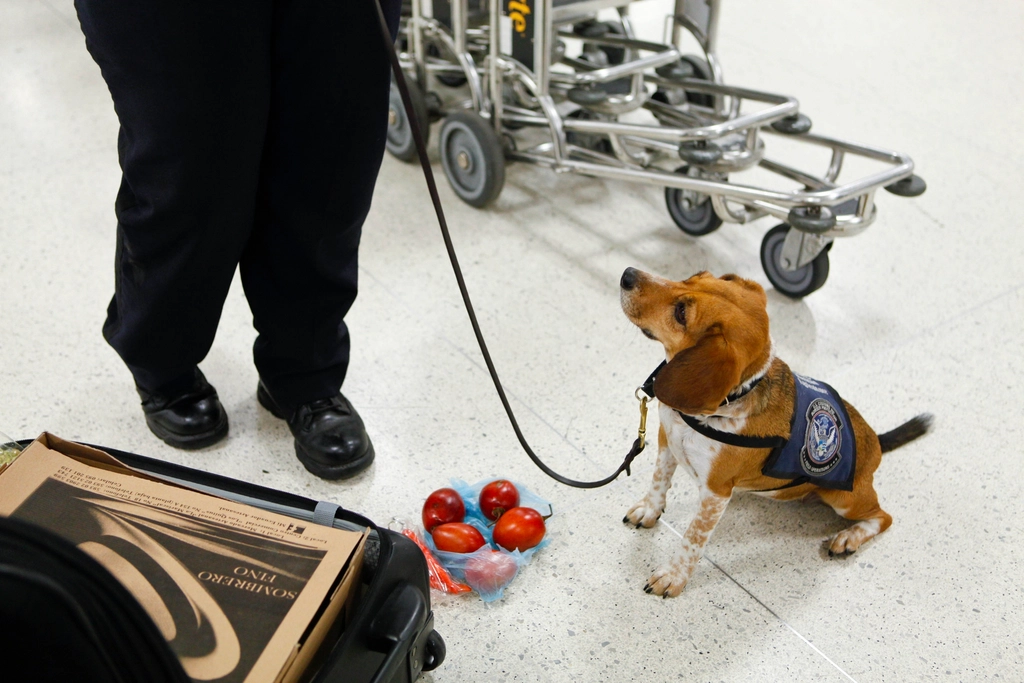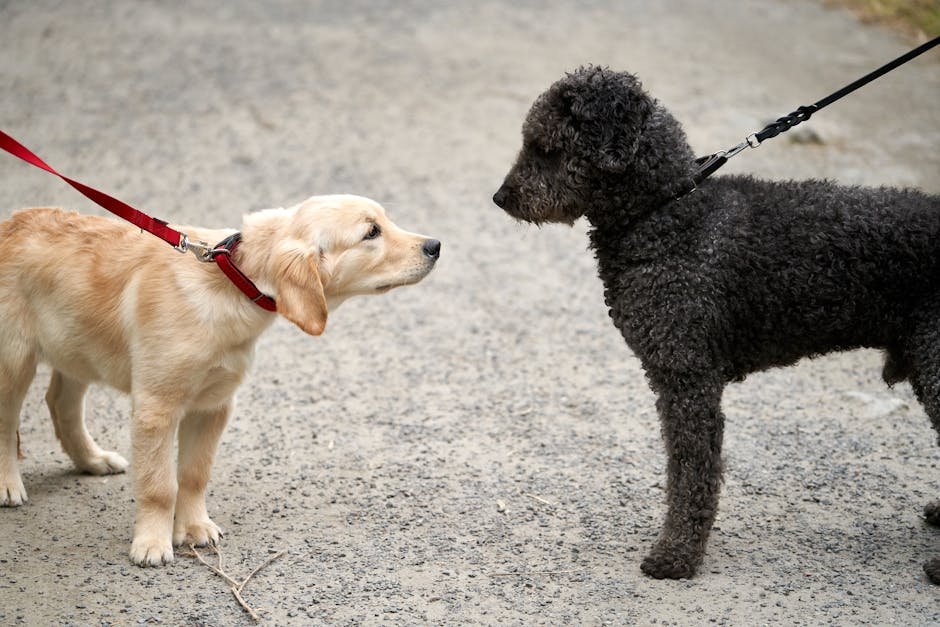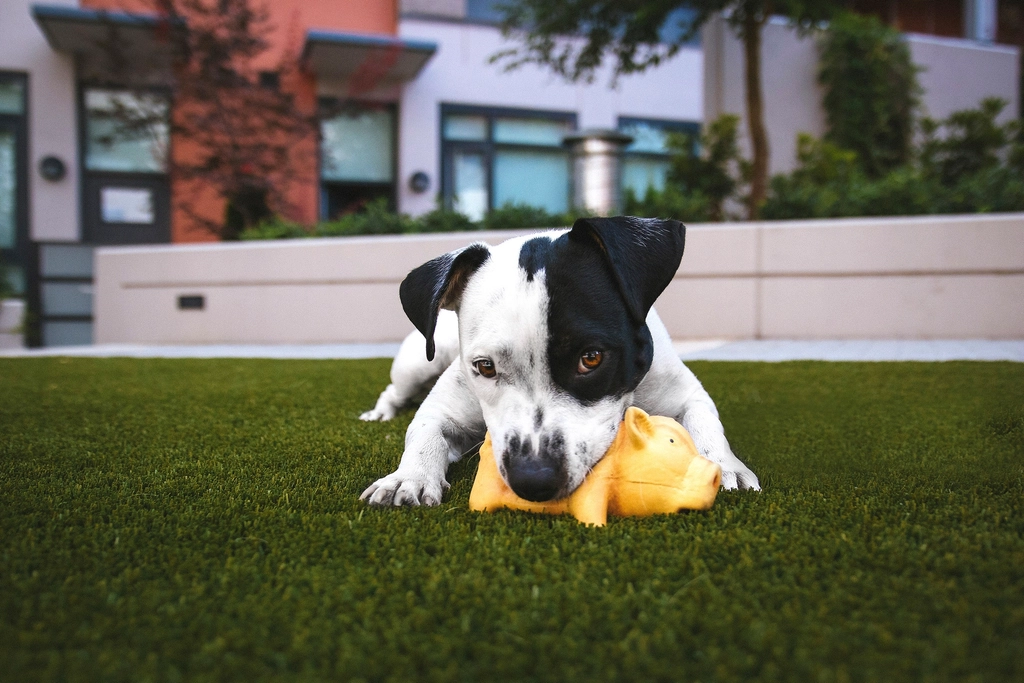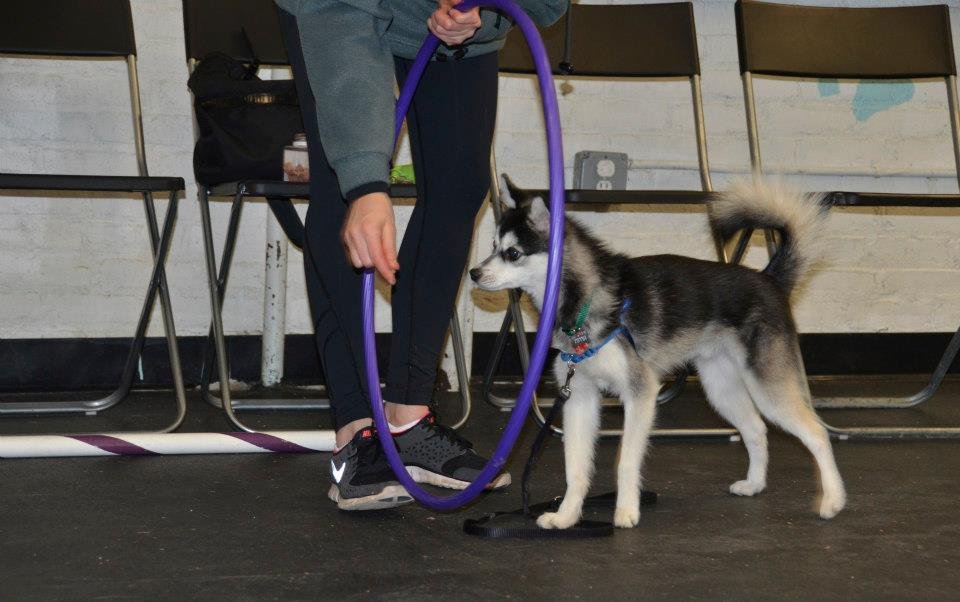Welcoming a new puppy into your home can be as thrilling as opening a new chapter in a favorite book. The excitement, the cuddles, and those playful antics are enough to melt anyone’s heart. However, along with the joy comes the responsibility of nurturing and training your furry friend. Enter puppy classes. These classes are like a treasure trove of benefits, not just for your puppy but for you too. Let’s dive into how these classes can transform your puppy into a well-behaved companion.
Building a Strong Foundation of Obedience

Puppy classes are designed to lay down the groundwork for basic obedience. Imagine a toddler learning the alphabet; similarly, puppies learn commands like “sit,” “stay,” and “come.” This foundational obedience is crucial as it sets the tone for more advanced training. By attending these classes, your puppy learns to listen and respond to your cues, which is essential for safety and harmony at home. Consistent practice in a classroom setting ensures that these commands become second nature to your pup.
Socialization with Other Dogs

Socialization is a key element in a puppy’s development. Think of puppy classes as a playground where your dog learns to interact with peers. This exposure helps them understand doggy etiquette, preventing aggressive or fearful behavior in the future. When puppies play together, they learn important signals and boundaries that can only be communicated dog-to-dog. This skill is invaluable, especially when introducing your pup to new environments or other dogs outside the class.
Reducing Behavioral Problems
One of the common challenges new dog owners face is dealing with behavioral issues. Puppy classes address this by teaching puppies how to behave in different situations. Through structured activities, puppies learn not to bite, chew on furniture, or bark excessively. Instructors provide guidance on redirecting unwanted behavior towards more positive actions. This proactive approach minimizes the chances of these behaviors becoming ingrained habits as your puppy grows.
Strengthening the Human-Dog Bond
The bond between a dog and its owner is a special one. Puppy classes serve as a bonding experience where you and your pup learn and grow together. By participating in training sessions, you communicate with your dog, understand their cues, and build trust. This shared experience not only strengthens your relationship but also makes training more enjoyable and effective. Imagine the joy of watching your puppy succeed and knowing that you played a part in that achievement.
Understanding Dog Psychology

Puppy classes offer insights into how dogs think and perceive the world. Instructors often share tips on reading body language and understanding canine behavior. This knowledge is empowering; it allows you to anticipate your puppy’s needs and reactions. For example, recognizing signs of stress or excitement can help you address situations before they escalate. By understanding your puppy’s psychology, you become a more empathetic and effective pet parent.
Improving Communication Skills
Communication is a two-way street, and puppy classes teach you how to “speak dog.” Through positive reinforcement techniques, you learn to convey your expectations clearly and effectively. These classes emphasize the importance of tone, timing, and consistency in communication. By refining these skills, you reduce misunderstandings and foster a harmonious relationship with your furry friend. Think of it as learning a new language that bridges the gap between you and your puppy.
Boosting Confidence in Puppies

Confidence is key to a well-adjusted dog. Puppy classes provide a safe environment for your puppy to explore and gain confidence. Through exposure to different stimuli, such as noises, textures, and people, your puppy learns to adapt without fear. This adaptability is crucial for preventing anxiety-related behaviors as your puppy matures. A confident puppy is more likely to enjoy new experiences and less likely to develop phobias or fears.
Providing Mental Stimulation

Puppies, like children, need mental stimulation to thrive. Puppy classes challenge their minds with puzzles, games, and problem-solving activities. This mental engagement is essential for preventing boredom, which can lead to destructive behavior. By keeping your puppy’s mind active, you promote healthy cognitive development. Think of these classes as a gym for your puppy’s brain, keeping it sharp and engaged.
Guidance from Experienced Trainers

Having access to experienced trainers is one of the significant advantages of puppy classes. These professionals offer advice tailored to your puppy’s specific needs and temperament. They provide solutions to common challenges and help you navigate the complexities of puppyhood. Whether it’s advice on diet, health, or training techniques, trainers are there to support you. Their expertise ensures that both you and your puppy have a positive learning experience.
Creating a Routine and Structure

Puppy classes help establish a routine and structure, which are vital for a puppy’s development. Just like children thrive in a structured environment, puppies feel more secure with a predictable routine. Regular class schedules teach your puppy consistency and discipline. This routine can be mirrored at home, providing stability and reducing anxiety. A structured environment supports your puppy’s growth into a well-mannered and content adult dog.
By enrolling your puppy in classes, you’re investing in a future of happiness and harmony. These benefits, from socialization to obedience, are stepping stones to a fulfilling life with your furry companion. So, consider puppy classes as the first chapter in your puppy’s lifelong journey of learning and love.
odprite racun na binance
Tuesday 10th of February 2026
Your article helped me a lot, is there any more related content? Thanks!
注册
Saturday 7th of February 2026
Can you be more specific about the content of your article? After reading it, I still have some doubts. Hope you can help me.
binance Sign Up
Thursday 15th of January 2026
Thanks for sharing. I read many of your blog posts, cool, your blog is very good.
binance code
Wednesday 14th of January 2026
Your article helped me a lot, is there any more related content? Thanks! https://accounts.binance.info/register-person?ref=IHJUI7TF